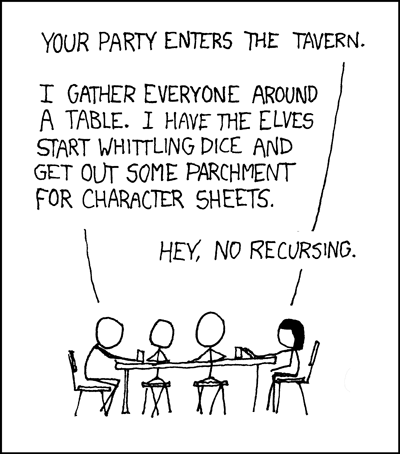gizmo33 said:
Well if my thoughts are based on a misreading then why the argument? Why are there so many posts in this thread that are trying to make the case that 1:5 is generally reasonable? If the 1:5 is based on a certain set of conditions that I would think it more productive to have stated those conditions from the start - instead of a list of anecdotes about spices and captured ships, et. al. that seem to clearly illustrate no particular consistent set of conditions. (Though I am very grateful for some specifics as opposed to the otherwise unsupported generalizations that I was getting prior to that.)
Oh, well then I take back having said that.

Oh wait, I didn't. I roll for initiative against the straw golem.
Okay. Fair enough. The eBay thing was just to point out that modern profit margins are, generally, a bad basis of comparison. Keep in mind that, even when I quote you, I'm not just refuting what you've written, but all that's been written by all the folks who mostly agree with you (like pawsplay, for example).
That said, I'll address your 1:5 argument with a comment. I used to work in the auto industry. At the time (1997ish), I was told, by reps from Toyota and Honda, that an automobile engine costs them about $500 to make. One would assume that number holds (reasonably) true for any company.
However, when the engine blew on my 1990 Miata while I was working at that job, I was able to replace it: for
5000 dollars! Even assuming that half that was installation (which is about right, that means I paid $2500
in parts alone for an engine that cost Mazda about $500 to make. That's a 5:1 markup. And we're not talking about a Porsche, Ferrari, or Lamborghini here. It's just an average, garden variety Mazda.
People keep defending the markup with examples because there are all kinds of examples that totally justify it. People objecting to it usually claim that the PC would have to be an idiot to accept 20% now. However, that value depends entirely on how "at risk" the money is, not to mention what you're actually "giving up." In the default setting, it's been written one way. One assumes there's a raft of justifications for it that make it make sense in the default setting.
As people have said, the rule is there for game balance. Based on the magic items article, you're essentially sacrificing 1 point of "bonus" when you trade-in something. So, the PC who really wants a flaming axe can trade that +2 frost sword he just found a replacement for in to get a +1 flaming axe. is it fair to argue he should sacrifice 1 point of bonus to be able to customize his gear to that degree? Personally, given those comparisons, I think it's a fair trade, gp value aside.
So then, the more pertinent question might be: why are the GP values 5x higher for going 5 levels up? In the game, is a +3 flaming axe really worth five times what a +2 flaming axe is?
Honestly, I just don't know.

